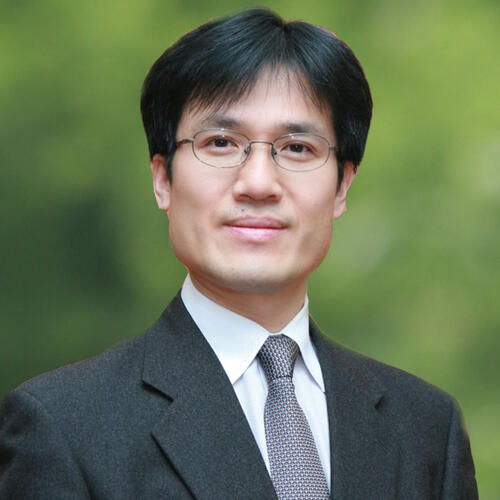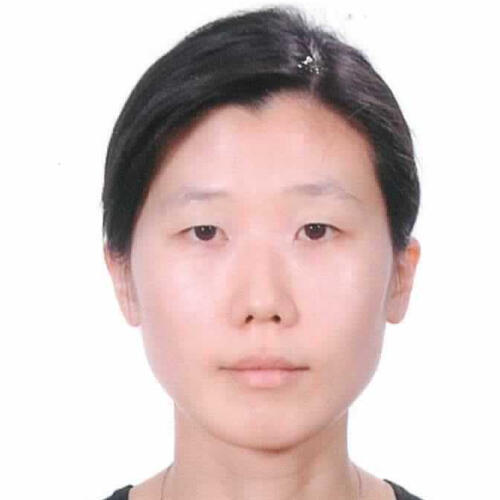Benefits Extension of Health Insurance in Korea: Impacts and Future Prospects
Tuesday, January 27, 201512:00 PM - 1:30 PM (Pacific)
Philippines Conference Room
Encina Hall Central, 3rd Floor
Stanford University
Stanford, CA 94305
Whereas Korean health insurance achieved universal coverage of population in 1989, out-of-pocket (OOP) payments has been a major concern because it is as high as about 35% of total health expenditure. Several policies to expand the benefit coverage of National Health Insurance (NHI) were implemented around the year 2005; for example, cost sharing of 20~50% was reduced to 10% for catastrophic illnesses; ceiling on OOP payment was implemented for covered services. This study analyzed the extent to which the policy of expanding benefit coverage for cancer patients reduced income-inequality in health care utilization, the use of tertiary care hospital, and catastrophic payment. Using nationwide claim data of NHI, this study is based on the triple difference estimator to compare cancer patients as a treatment group with liver disease or cardio-cerebrovascular disease as control groups and low-income group with the highest-income group. The results showed that the utilization of outpatient and inpatient services increased more (or decreased less) among low-income patients than high-income ones after the introduction of the policy. For the use of tertiary care hospitals, inpatient admissions increased more in low-income cancer patients than those of high-income ones, but not outpatient visits. While catastrophic payment decreased among cancer patients, high-income cancer patients experienced a greater decrease than those of low income did. Although Korea expanded benefits coverage for catastrophic illnesses, policy debates continue due to insufficient financial protection, which also depends on provider behavior and potential demand inducement associated with the provision of uncovered services and specialist services with high fees. Politics of increasing benefits coverage in Korean NHI will be discussed too.


